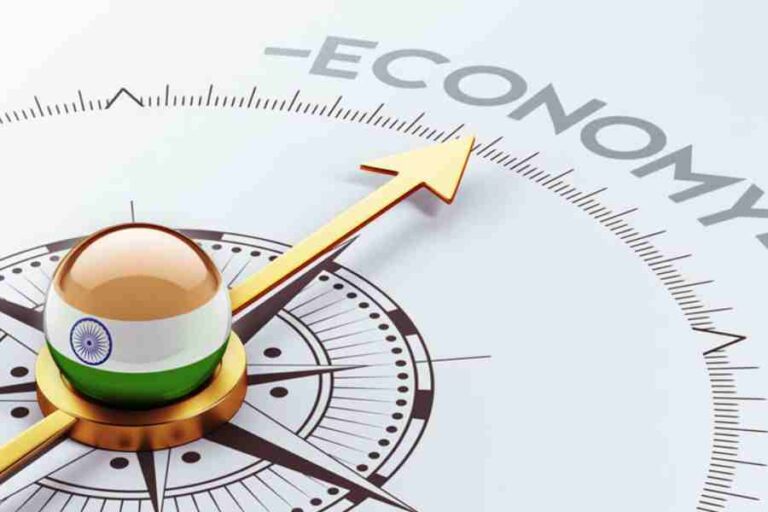The World Bank has revised its projections for the Indian economy, forecasting a growth rate of 7.5 per cent in 2024, up by 1.2 per cent from earlier estimates for the same period.
The latest South Asia Development Update from the World Bank, released on Tuesday, anticipates robust growth of 6.0 per cent in South Asia in 2024, primarily driven by strong economic expansion in India and recoveries in Pakistan and Sri Lanka.
The report also predicts that South Asia will remain the fastest-growing region globally for the next two years, with growth forecasted to reach 6.1 per cent in 2025, according to Free Press Journal.
Martin Raiser, World Bank Vice President for South Asia, highlighted the region’s promising growth prospects in the short term but cautioned about potential challenges such as fiscal vulnerabilities and climate-related shocks. He emphasized the need for policies to stimulate private investment and enhance employment growth to build resilience.
The report also noted positive economic indicators in India, including robust economic activity in the fourth quarter of 2023, driven by significant increases in investment and government spending. Additionally, India’s composite purchasing managers index (PMI) stood at 60.6 in February, well above the global average, indicating expansion.
India’s Financial Landscape: Credit Growth, Investment Rebound, and Economic Outlook
Financial conditions in India remained favourable, with credit issuance to the commercial sector growing rapidly and financial soundness indicators showing improvement. Despite a decline in foreign direct investment (FDI) as a share of GDP in 2023, foreign portfolio investment inflows rebounded in FY2023/24, contributing to an increase in foreign reserves.
The report anticipates a slowdown in investment growth compared to the previous year but expects robust performance in services and industry sectors, along with a decline in inflationary pressures, providing more room for monetary easing.
(Finance World and The Free Press Journal have published the article under a mutual content partnership arrangement.)


